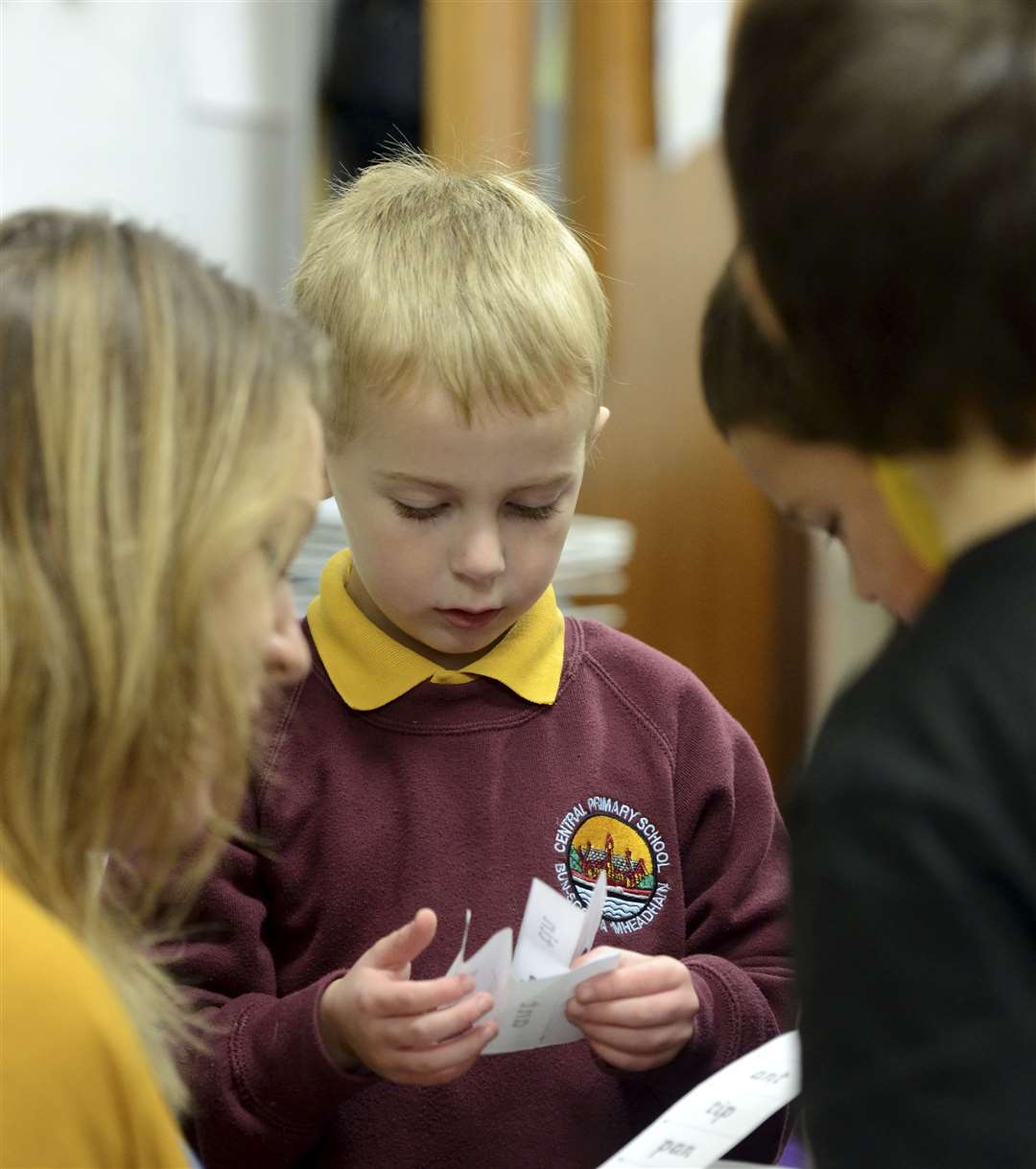Pupils at Central Primary School in Inverness enjoy 'fresh-air learning'
Register for free to read more of the latest local news. It's easy and will only take a moment.
AN Inverness primary school is reaping the benefits of experiments in Finland-style “fresh-air learning”.
Teachers at Central Primary report amazing improvements for pupils’ learning, behaviour, concentration, as well as health and fitness.
The idea was hatched by teacher Rebecca Traill, who while gaining her professional teaching qualifications, studied the revolutionary Finnish education system and was given the blessing of headteacher Ailsa Fraser to incorporate one element of it into weekly timetables for all seven year groups.
The Scandinavian nation takes a radically different educational approach, but is frequently ranked as one of the highest achieving.
Children start primary classes at the age of seven and enjoy a shorter school day. There is minimal homework, no standardised testing, school league tables or school inspection.
There are less-formal pupil and teacher relationships, no uniforms, streaming by ability or private schools. The first national exams come at the age of 18.
But also integral is an emphasis on learning through play in the great outdoors.
Every Wednesday, Central’s seven year groups now adopt a format of 45 minutes of traditional classroom teaching and then 15 minutes of free play, mostly outside in the playground.
Proponents say this “brain break” gives children time to think, digest information, rest mentally and discuss subject matter with peers.
Children then return to class refreshed and better able to re-engage and learn.
Central has a high number of pupils from other countries. As a school where children speak no fewer than 21 languages, there have been marked benefits for those using English as a second language.
It is thought to be one of only two schools in Scotland embracing the approach, the other being Bertha Park in Perth, one of the computing giant Microsoft’s 17 global “flagship” schools.
Ms Traill said: “Finland has one of the most successful education systems in the world, yet they spend less per pupil than the UK.
“We have found that 45 minutes instruction and then 10-15 minutes of what we call free-learning through play helps them to process what they’re taught.
“We trialled it for six weeks last year with the primary one and twos and it was amazing.
“They talked about their learning when they went outside, even though it was free choice play.”
Parental feedback has been positive so far.
Ms Traill said: “We questioned parents at the end of the initial six weeks and they thought it was great.
“They noticed the kids were tired in a healthy way, with better appetites.
“We open the doors and give them that freedom in a safe environment, although a small element of risk, trial and error can be important in learning.
“We’ve found their motor skills and core strength are also improved. We’ve seen improved relationships with more play with peers.
“We’ve had less disruption in class from challenging behaviour.
“Their emotional literacy improved and they’re calmer through the day. We have also noticed increased fitness and they are eating their lunches.
“As a school, we really enjoy doing it – even in the middle of the freezing winter.”
Play is based loosely on lessons. A class on numeracy might be followed by number games outside.
Many local schools have embraced the Scottish Government’s Daily Mile initiative, promoting 15 minutes of running or walking every day during class time.
Sustrans, the charity promoting cycling and walking, has also been highly-active at Inverness schools, with initiatives such as Big Pedal encouraging youngsters to cycle to classes and exercise in the fresh air.
A Scottish Government spokesman said: “The outdoor environment has massive potential for learning.
“Taking young people outdoors also helps them to appreciate the natural world and develop a willingness to protect it.”
* Click here to read more education news.









